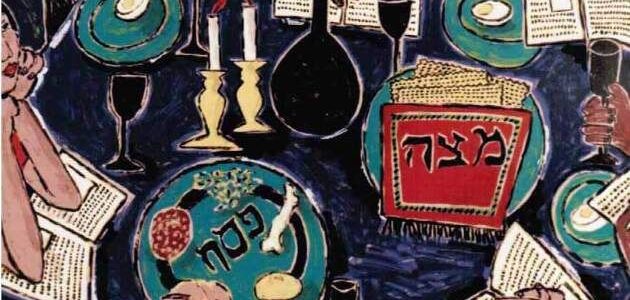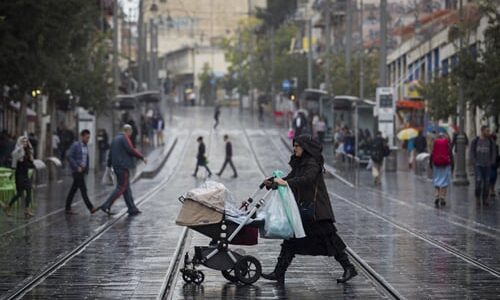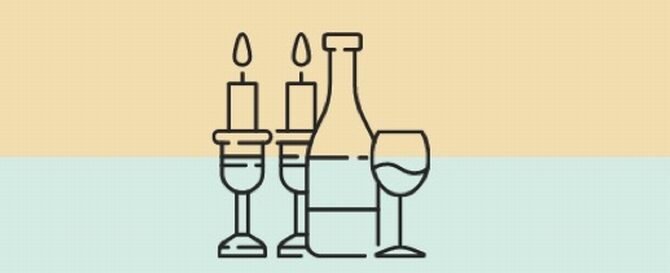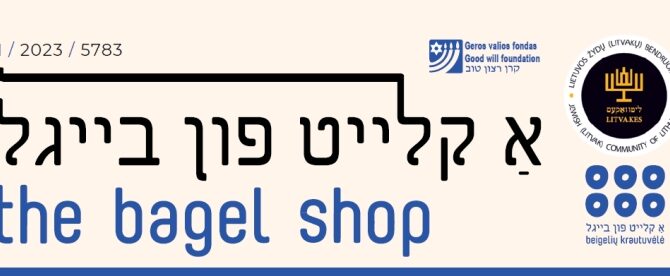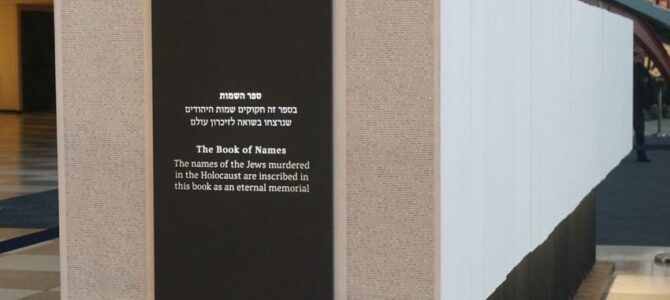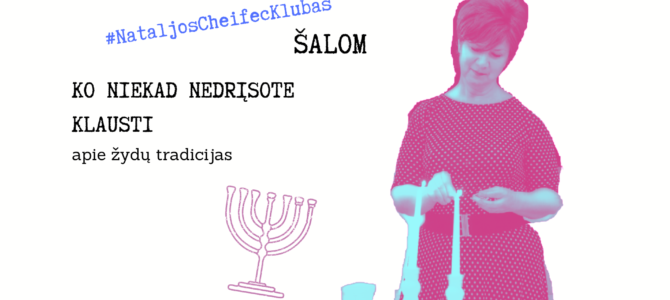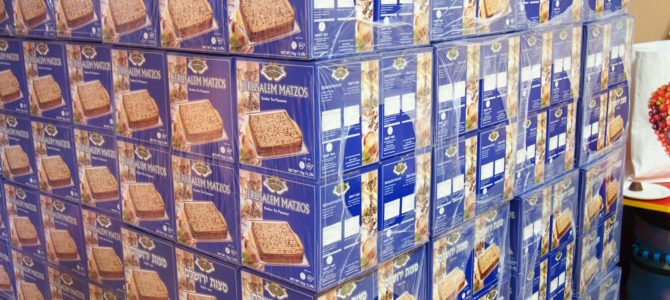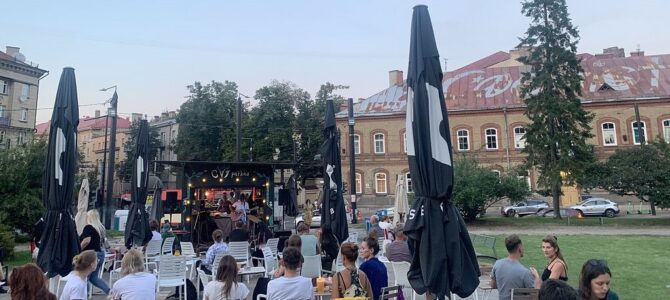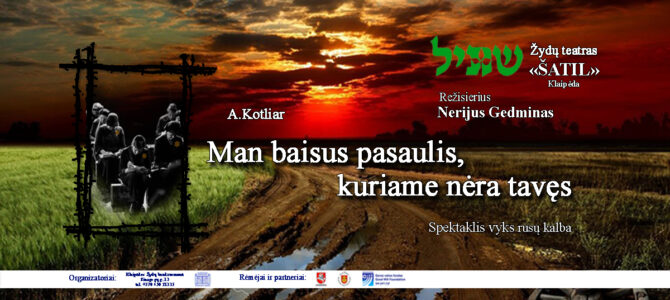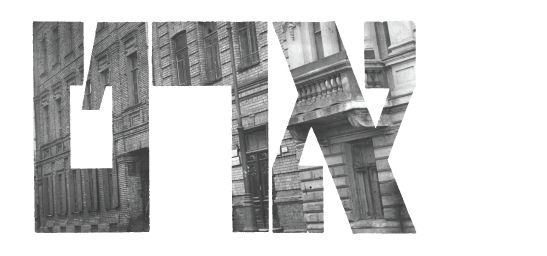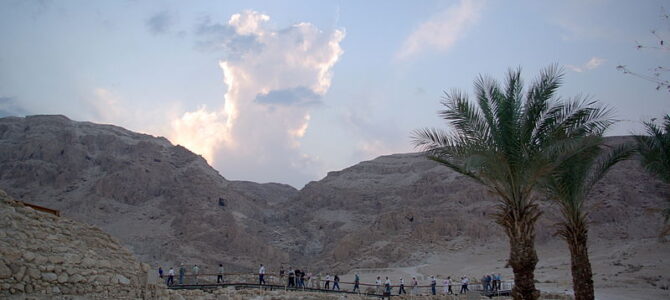Natalja Cheifec will do a post-Passover wrap-up on zoom at 5:30 P.M. on April 17, touching on everything you need to know but might have been afraid to ask, including:
• How the Hebrews became slaves in Egypt
• How the Egyptians oppressed the Hebrews
• Moses, leader of the Hebrew people
• Reasons for the exodus
• How God punished the Egyptians, the 10 plagues
• Preparations for the holiday of Passover: why yeast and fermented goods must be dispensed with
• Components of Passover holiday celebration including matzo, the four cups of wine and other required components.
To register and receive zoom credentials, go to https://bit.ly/3K73kEE
Illustration: Seder Table by Lynne Feldman


